Autonomous Workflows: The Muscles of the AI Operating System
Autonomous workflows represent the execution layer of the AI Operating System—transforming enterprise intelligence into adaptive, self-optimizing business operations. Unlike traditional automation that follows rigid, predefined rules, autonomous workflows leverage artificial intelligence, machine learning, and intelligent orchestration to continuously learn, adapt, and improve their performance without human intervention.
This comprehensive guide explores how autonomous workflows function as the "muscles" of intelligent enterprises, powering dynamic execution that responds to changing business conditions in real-time. Drawing on research from McKinsey, Gartner, Accenture, Forrester, and Deloitte, the blog examines the core technologies enabling workflow autonomy, including AI-driven decision engines, predictive analytics, and event-driven architectures.
Key topics covered include: The fundamental differences between traditional automation and autonomous workflows, illustrated through a detailed comparison table
Core technological enablers that transform static processes into adaptive, learning systems
Industry-specific adoption trends across financial services, healthcare, manufacturing, and supply chain operations
The integration of autonomous workflows within the broader AI Operating System architecture, working alongside Real-Time Intelligence Dashboards and AI-Native Infrastructure
Governance frameworks and human-AI collaboration models that balance operational autonomy with strategic oversight Organizations implementing autonomous workflows achieve measurable competitive advantages: 40% faster process execution, 35% reduction in operational costs, 50% fewer process failures, and 30% improvement in resource utilization. As enterprises face increasing complexity, volatile markets, and rising customer expectations, autonomous workflows provide the agility and continuous improvement capabilities required for next-generation intelligent operations.
This blog is essential reading for enterprise leaders, technology strategists, and digital transformation professionals seeking to understand how autonomous workflows drive operational excellence in AI-powered organizations.


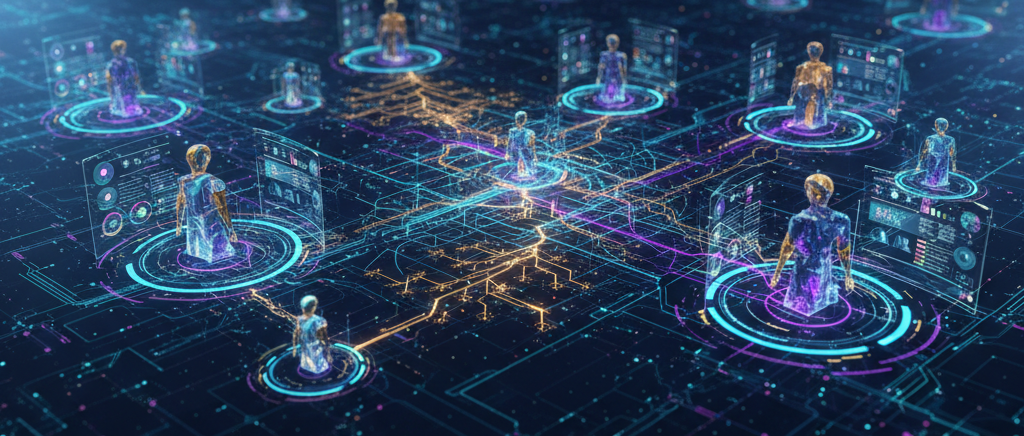
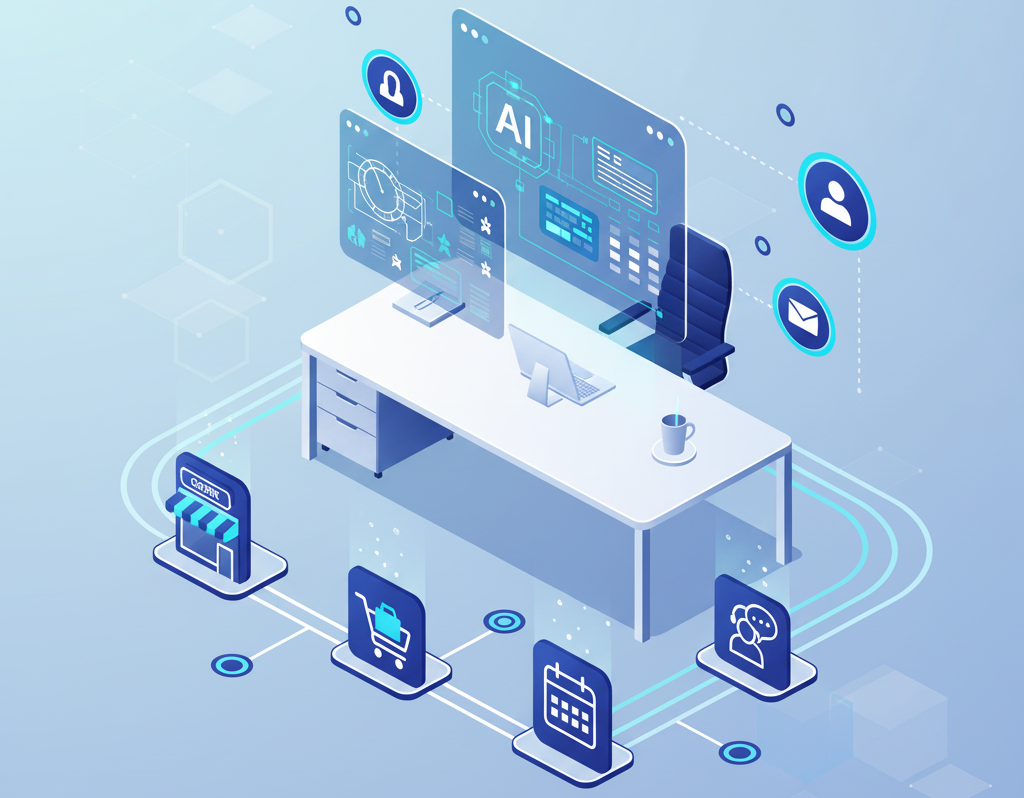
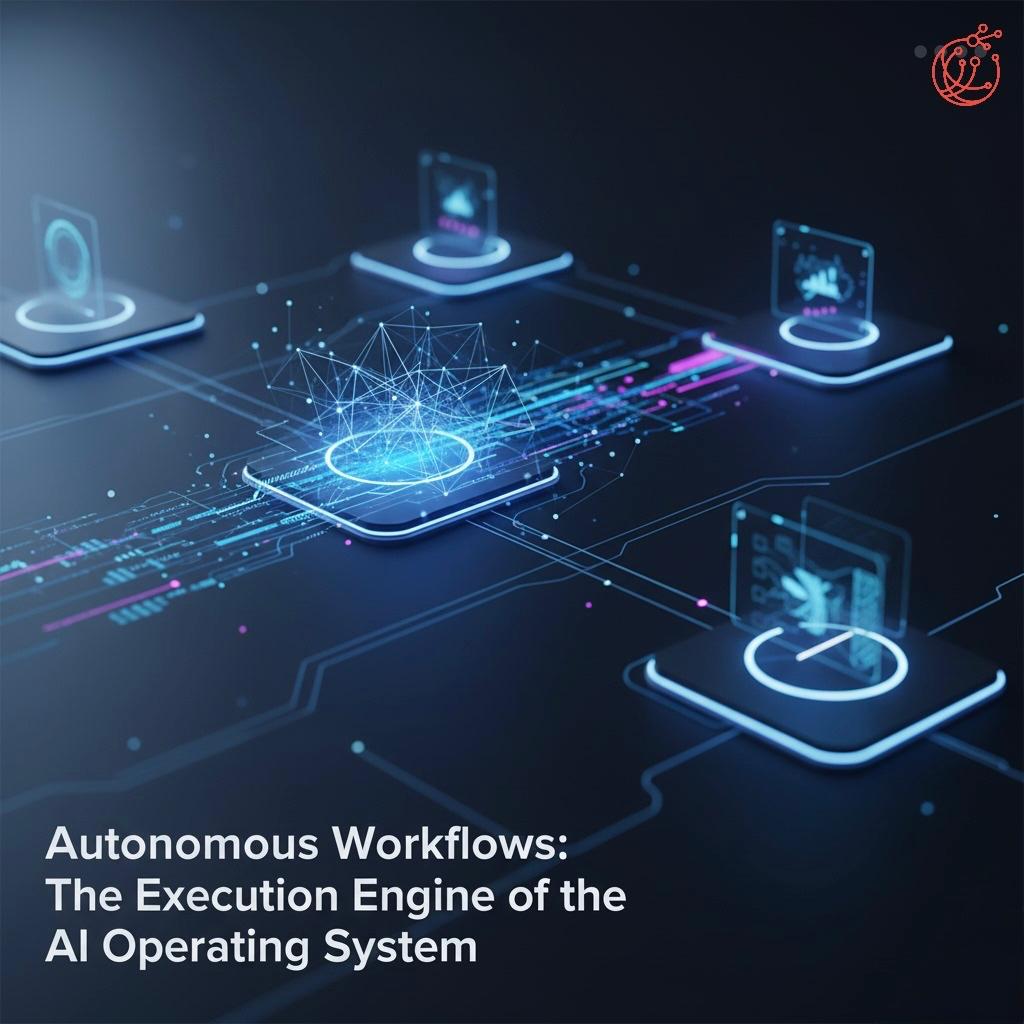
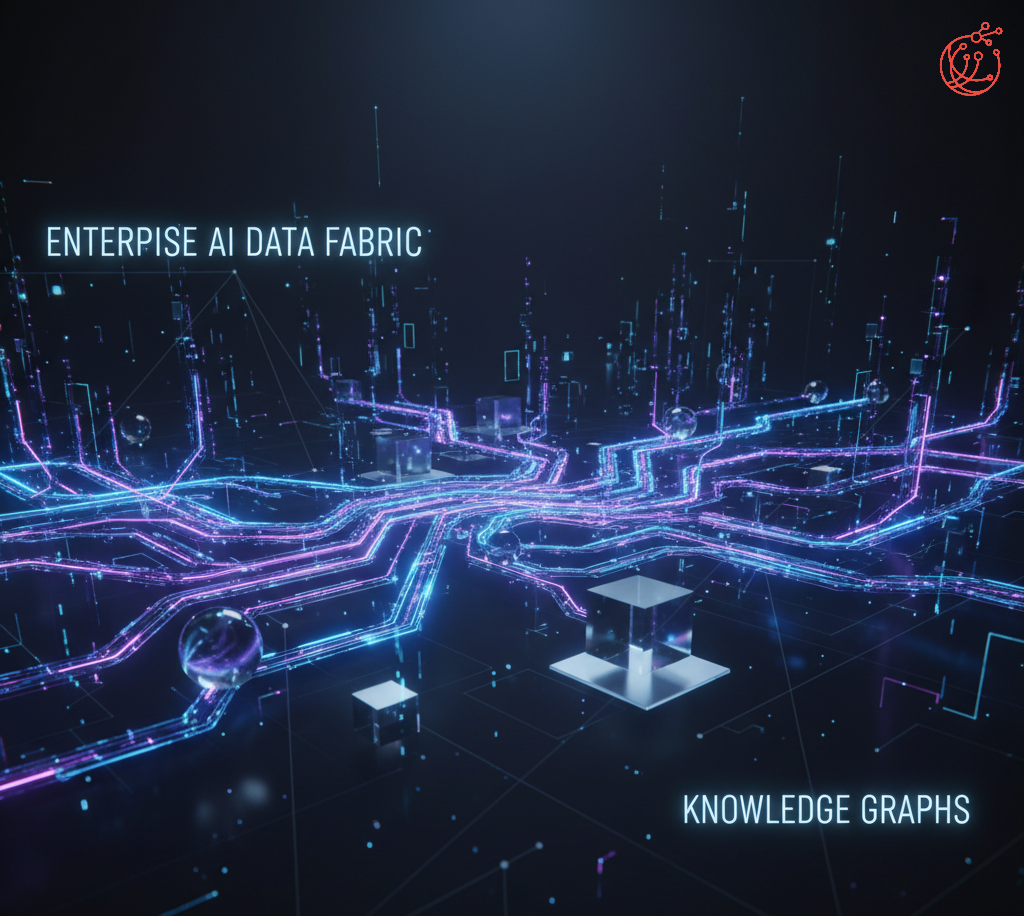
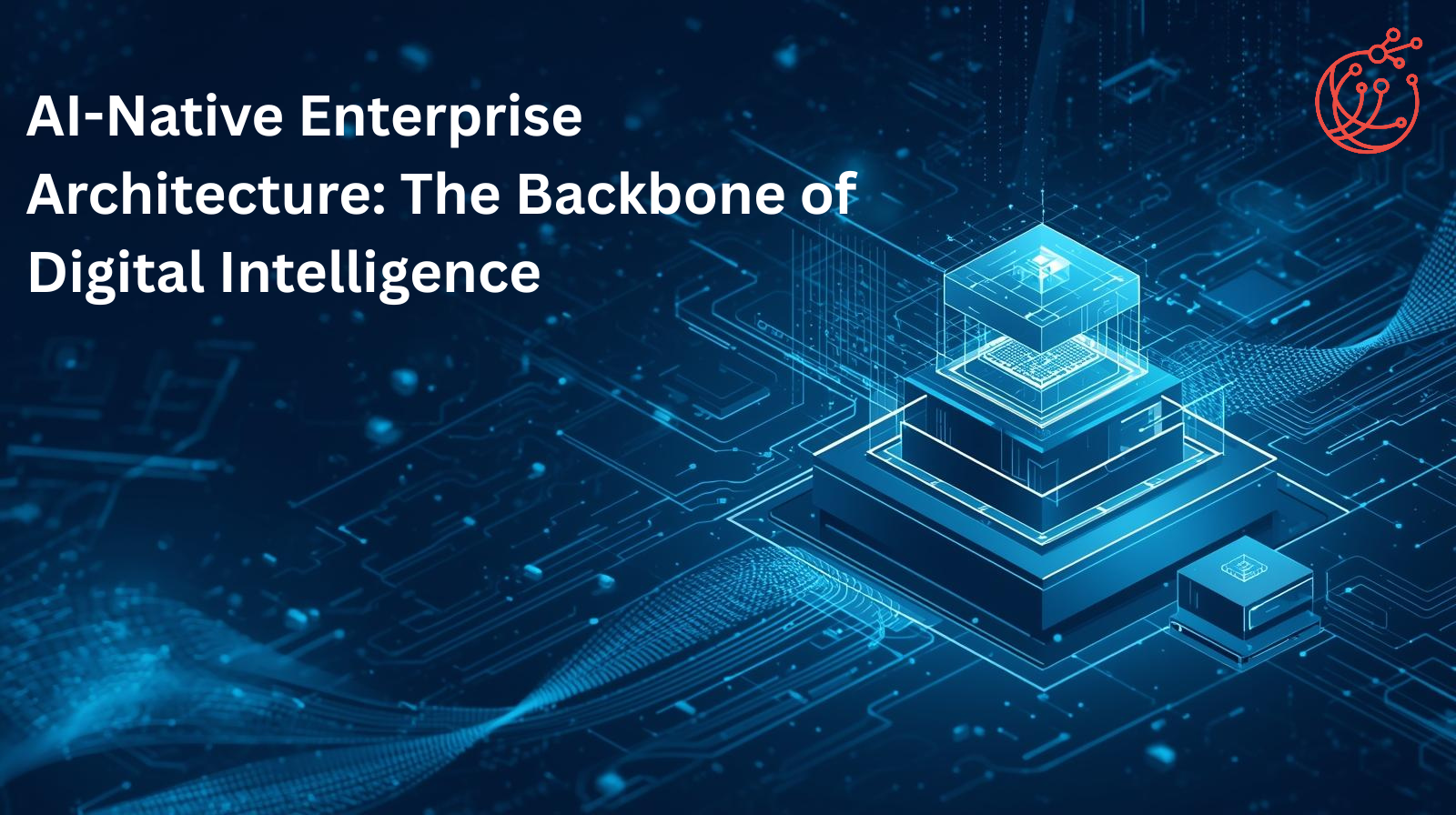
.jpg)
